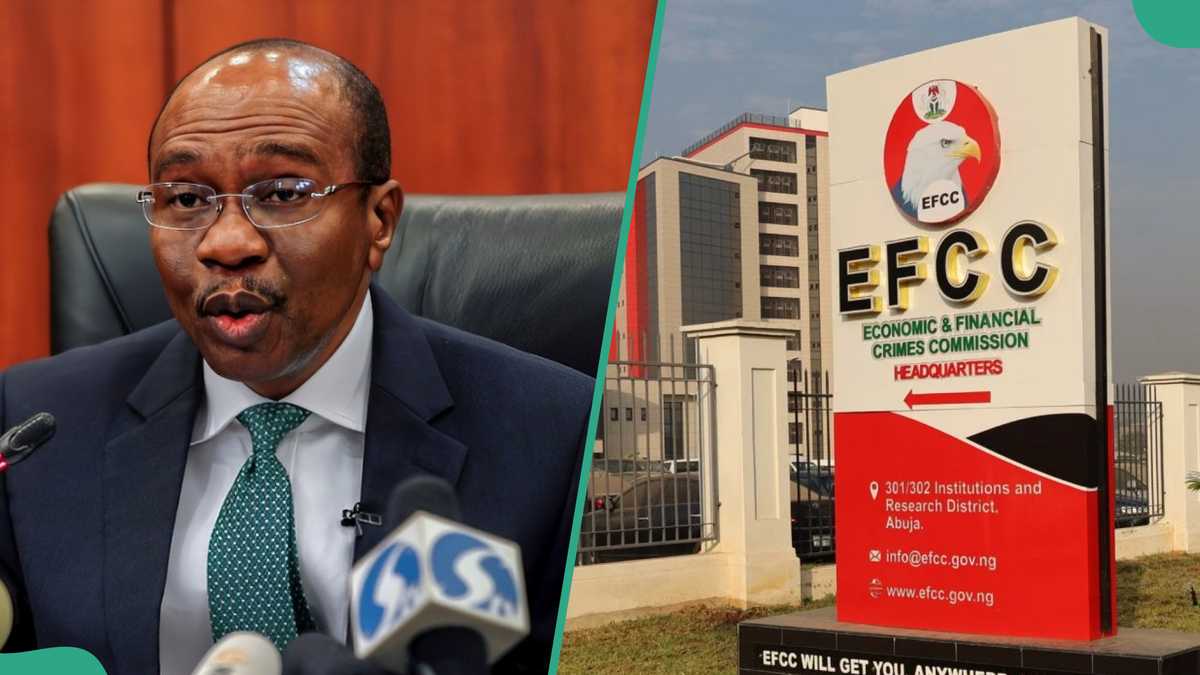Four Former VW Executives convicted over Dieselgate roles | Car News | Auto123
Ten years after the events, four former high-ranking Volkswagen officials have been convicted and sentenced in Germany for their role in the infamous Dieselgate scandal, which tarnished the automotive industry globally and cost VW over 33 billion euros.
The former executives were found guilty of defrauding consumers by authorizing the installation of cheating software on millions of diesel vehicles.
The Brunswick Regional Court in Lower Saxony sentenced Jens Hadler, former head of diesel engine development from 2007 to 2011, to 4.5 years in prison. He was held responsible for the sale of over 2 million vehicles equipped with the cheating software.
Hanno Jelden, a former senior engineer, received 2 years and 7 months for aggravated fraud related to the sale of nearly 3 million vehicles. Heinz-Jakob Neusser, former head of engine development, received a suspended sentence of 1 year and 3 months, while a mid-level executive identified as Thorsten D. received 1 year and 10 months suspended. The latter was the first to cooperate with US authorities.

| Photo: Volkswagen
According to Judge Christian Schütz, the decision to rig emissions tests was made in 2006, during a key meeting attended by Jelden, among others. The incriminating software — known as a defeat device — allowed vehicles to meet emissions standards in the laboratory while emitting significantly more NOx on the road.
The court specified that several other VW employees participated in the fraud, but the four accused held management positions and had the power to stop it. Hadler, as head of diesel development, could have halted the scheme: "His word carried weight within VW," the judge emphasized.
As for Neusser, he reportedly only discovered the manipulation in 2013, which justified his less severe sentence, although the damage he allegedly caused amounted to nearly 27 million euros.
The trial spanned 175 days of hearings after being delayed by the pandemic. It only covered a fraction of the 9 million vehicles initially targeted. Further legal action is pending: 31 people are still indicted in Brunswick, with the next trial scheduled for November.
In the U.S., sanctions came more quickly, several VW executives receiving sentences as early as 2017. However, Germany des not extradite its citizens, which protects figures like Neusser from potential US prosecution.
In addition to the prison sentences, VW still faces a 9 billion euro class-action lawsuit brought by investors in Germany. The scandal, which erupted in 2015, also led to the departure of then-CEO Martin Winterkorn, whose trial has been postponed several times due to health reasons.
The judgment rendered in Brunswick marks an important step in accountability. However, the legal, economic, and ethical repercussions of this systemic fraud continue to be felt within the global automotive industry.











